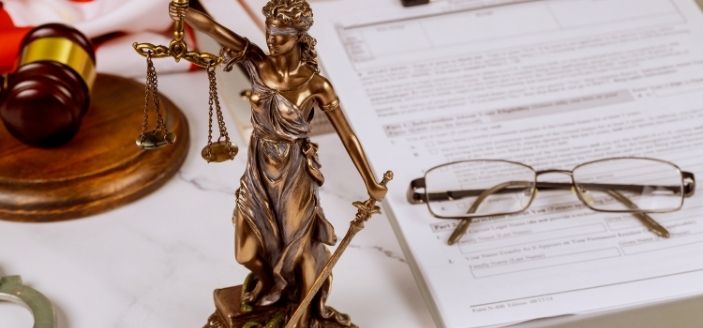12 Oct Bribery in the private sector

Bribery in the private sector
by George Coucounis
“It is illegal and the recovery of any undue advantage to any person is not allowed”
Bribery in the private sector constitutes a criminal offence, is illegal and a Court will not allow the recovery of any advantage received on its basis. It is a criminal act against public sentiment and the person who knowingly participated in the bribery cannot expect the Court to give him any remedy. Cyprus, as a member state of the European Union, applies the decision – framework No 203/568 of the European Council against bribery in the private sector. Cyprus is a member state of the Criminal Law Convention on Corruption of the Council of Europe which was ratified by the Law 23(III)/2000, as amended, and refers to the acts and actions that constitute offences, including active and passive bribery in the private sector. Where the Court finds that there is illegality in a particular case based on its merits, the Court acts ex officio to deprive the litigant who is involved in illegal activities of any remedy.
The Supreme Court in a judgment issued by majority dated 30.9.2021, refers to the above issue and underlines that the facts of the case constituted bribery. As it is mentioned in the judgment, the member states of the European Union, including the Republic of Cyprus, pay special attention to the fight against bribery, both in the public and in the private sector, since corruption is a threat to a legitimate society, affects competition in relation to the purchase of goods or commercial services and hinders economic growth. The case concerned an appeal against the judgment of the Court of first instance, where it issued a judgment against the appellant for the return of the money he received from the owner of an immovable property, which she had sold to a company with his assistance. The owner claimed that she paid the amount through deceit or under false or negligent pretences or even due to conspiracy to deceive her and for unjust enrichment.
The owner alleged that the appellant represented to her that he was going to pay the amount claimed to the employees of the purchaser in order to succeed the sale of her property, but the appellant kept it. The appellant claimed that the amount was a gratuity to him and in any case the owner, based on the allegations made, was actively involved in an illegal act which consisted of bribing employees of the purchaser of the property. The owner also alleged that the appellant was the mastermind and that her participation was comparatively much inferior to him, supporting the fist instance judgment that ordered him to return the money to her.
The Supreme Court observed in this regard that under article 4 of the ratifying law, the acts and actions referred to in it constitute a felony punishable by imprisonment of up to 7 years or a fine of up to €100.000 or both, which demonstrate the seriousness of these offences. It added that the actions of the owner of the property constitute the offence of active bribery in the private sector; she even proceeded to conceal her illegal acts by opening a bank account in the name of a third party from where the bribes would have been paid. The fact remains, based on the finding of the Court of first instance, that the owner was aware of the illegality of her actions and participated voluntarily in the agreement. There is a single set of facts and elements that made up the whole agreement and the owner took part in the agreement in full knowledge and voluntarily, proposing herself the time of payment of the agreed bribe amount.
The Supreme Court referred to relevant case law which states that the general rule is that the Courts do not allow the recovery of transferred advantages arising from illegal contracts. This principle prevailed in the attempt to balance two conflicting tendencies, namely to prevent unjust enrichment on the one hand and to prohibit the conclusion of illegal contacts on the other. For this reason, the Supreme Court held that the owner’s claim is surrounded by her illegal conduct and acts, in accordance with European and Cypriot legislation. The Court of first instance should not have allowed the recovery of the amount paid and consequently, it allowed the appeal, setting aside the judgment of the Court of first instance.